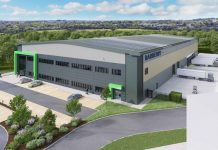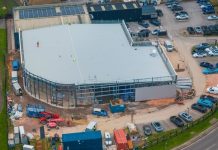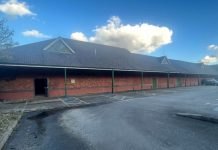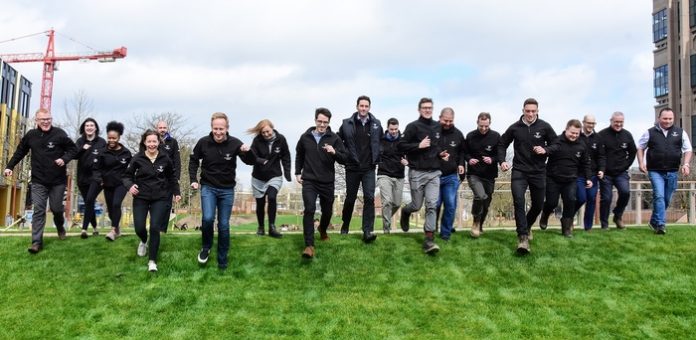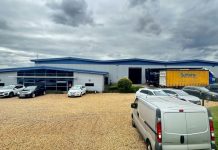Leading contactor Willmott Dixon has recorded positive financial results for 2018. The company saw turnover rise by £54 million to £1.323 billion, while profit before tax rose by 55% to £37.5 million.
These figures were bolstered through the significant levels of activity in the Midlands, with Willmott Dixon delivering landmark developments including a new gateway into Lincoln through the £30m Lincoln Transport Hub, which has since been awarded the top accolade in the Infrastructure category at the East Midlands RICS Awards.
Nick Gibb, deputy managing director for the Midlands, said: “These results are a significant indication of the strength of the current market and the opportunities that exist for the right construction partner. We have delivered – and are continuing to deliver – some truly ground-breaking projects across the Midlands, working alongside customers and our trusted supply chain and design partners.”
Since the start of the year, the company has also started on-site to deliver a number of significant housing schemes in the region including 59 new homes in Gipton and Osmondthorpe and schemes to build over 300 homes in Rotherham and Doncaster.
Willmott Dixon has also started work in Nottingham to deliver the expansion of Nottingham Science Park, which will provide 22,700 sq ft of Grade A office space for businesses looking for research and development facilities near like-minded organisations.
Nick added: “While the construction market remains challenging, our current pipeline of high-profile projects is a testament to the tireless dedication of our incredibly talented people and the calibre of work that we deliver.”
2018 financial highlights:
- Turnover up to £1.323bn (2017: £1.269bn)
- Profit before tax up 55% to £37.5m (2017: £24.2m)
- Profit before tax margin up to 2.8% (2017: 1.9%)
- Cash at bank up to £90.5m (2017: £82.8m)
- No debt
- Access to Bank facilities unused but committed to 2021
- Net assets up to £170.2m (2017: £142.2m)
- Best payment terms and payment on time statistics of any major contractor
- Repeat business – 67% of orders in 2018
- Frameworks – 73% of turnover procured via frameworks
- Reduced construction waste intensity by 57% since 2012
- Construction activity turnover – £1,198bn (2017: £1,141bn)
- Interiors activity turnover – £125m (2017: £128m)
Willmott Dixon’s group chief executive, Rick Willmott said: “Our approach of the last two years to focus entirely on construction and fit-out is showing strong results with good earnings growth, increased margin, a solid cash position and a robust, sustainable forward order book.
“This at a time when the pipeline of work available to the country’s fifty largest contractors has continued to diminish post the 2016 Brexit referendum; caused by postponement or cancellation of project opportunities. Being in a position of strength to weather the consequences of a further material depletion in accessible workload will remain a key priority for Willmott Dixon.
“That is why our role on public sector procurement frameworks will be a key driver for our business; at present this gives us access to £25 billion of potential workload volume. With that comes the responsibility of ensuring our work helps to sustain a healthy supply chain and I’m delighted that we are recognised as the best payer of supply chain partners across the top twenty contractors in the Government’s first two statutory reporting periods, with an average payment time of 32 days, something we hope to better by this time next year.
“We are fortunate that our contracting businesses have a strong, repeat business customer base that is well served by an incredibly loyal team of Willmott Dixon people who continue to evolve themselves and fashion our regional offices into resilient, flexible and adaptable organisations that view positive change as the only viable long-term option in our ever changing market.
“Looking at 2019 and beyond, I remain proud that a key strength of the Group is our purpose beyond profit ethos; demonstrated through the actions of our people to create a positive legacy where we work, where we can improve the life chances of many people in the communities where we operate.”

